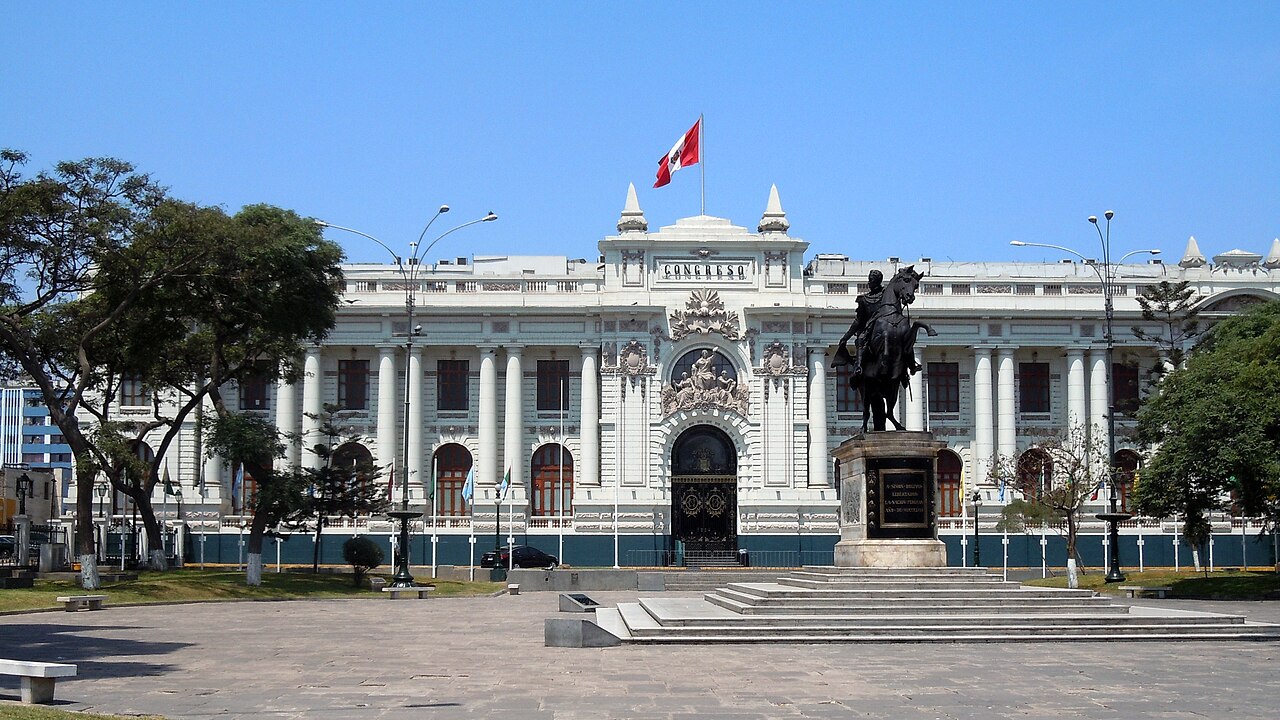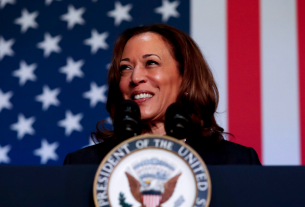In a dramatic late-night session, Peru’s Congress voted to remove President Dina Boluarte from office, accusing her of “permanent moral incapacity” as the country grapples with a wave of organized crime and widespread public discontent.
The decision followed the submission of four separate vacancy motions on October 9, backed by multiple parliamentary blocs. Congress swiftly admitted the motions and scheduled a vote for 11:30 p.m. that same evening. Despite being summoned to present her defense, Boluarte did not attend the session.
Her attorney, Juan Carlos Portugal, denounced the proceedings as a violation of due process, stating that Boluarte had been given insufficient time to prepare. In a public statement, he criticized Congress for abandoning democratic norms, asserting that “due process is a right, not an illusion.”
The motion passed with 121 votes in favor, surpassing the constitutional threshold. The resolution formally declared Boluarte’s moral incapacity and vacated the presidency under Article 113 of the Peruvian Constitution.
Succession and Political Fallout
Following the vote, José Enrique Jerí Oré, President of Congress, was sworn in as interim President of the Republic, in line with Article 115 of the Constitution. The transition mirrors Boluarte’s own rise to power in 2022, when she succeeded former President Pedro Castillo after his impeachment.
Boluarte’s ouster comes amid a national security crisis, with violent crime and extortion surging across urban centers. Public frustration has intensified in recent weeks, culminating in mass protests and a Datum International poll showing a staggering 93% disapproval rating for her administration.
The tipping point reportedly came after a deadly shooting at a public concert in Lima, which galvanized political factions across the spectrum to support her removal. Unlike previous failed attempts to unseat her, this vote drew near-unanimous backing.
Uncertain Road Ahead
The political upheaval leaves Peru once again in a state of transition, with questions looming over the legitimacy and stability of the new leadership. Jerí Oré has pledged to restore public trust and prioritize security, but analysts warn that deep-rooted institutional challenges and public skepticism may complicate efforts to govern effectively.
As the country braces for potential further unrest, international observers are closely monitoring developments in a region already marked by volatility and democratic fragility.
Peru-Congress-Building-Picture-by-Protontorniyo



